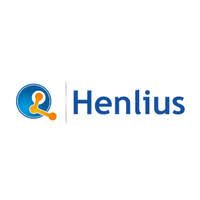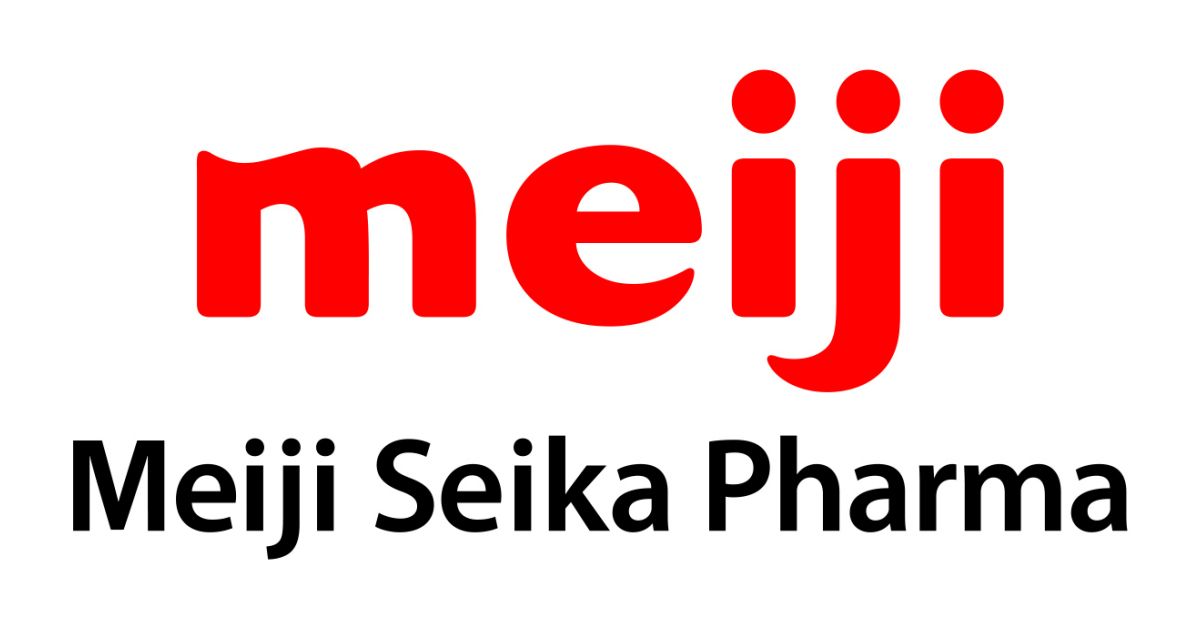- Bone Health
- Immunology
- Hematology
- Respiratory
- Dermatology
- Diabetes
- Gastroenterology
- Neurology
- Oncology
- Ophthalmology
- Rare Disease
- Rheumatology
Henlius Initiates a Trial of Bevacizumab Candidate in Ophthalmology
Shanghai Henlius Biotech initiates a trial for patients with macular degeneration while Dong-A ST and Meiji Seika Pharma agree on a distribution plan for a ustekinumab biosimilar candidate.
Shanghai Henlius Biotech said the first patient has been dosed in a clinical trial for its bevacizumab biosimilar cancidate HLX04-O for the treatment of wet age-related macular degeneration (wAMD).
In the single-arm phase 1 trial, Henlius planned to enroll a maximum of 12 patients with wAMD, with the primary end points being safety and tolerability of HLX04-O.
A secondary end point is the pharmacokinetics (PK) of HLX04-O following intravitreal (directly into the eye) injection. Previous clinical studies have evaluated nonclinical pharmacodynamics, safety, pharmacology, toxicities, PK, immunogenicity, and local irritation of vitreous injection of this biosimilar candidate. These have provided evidence of the safety and effectiveness of HLX04-O, Henlius said in a statement.
Bevacizumab inhibits excessive vascular growth caused by overproduction of vascular endothelial growth factor (VEGF). VEGF production increases when tissues are getting insufficient oxygen (hypoxia). Growth of additional blood vessels may be beneficial in heart muscle or in an infant but can be harmful in the eye.
“Age-related macular degeneration (AMD) is one of the leading causes of visual impairment and blindness in the elderly worldwide,” Henlius stated, noting market potential and unmet need for treatments such as bevacizumab. “According to the World Health Organization, about 30 million people have suffered from AMD globally, and about half a million people go blind due to AMD each year.”
Anti-VEGF drugs are being employed as first-line therapy for wAMD, the company said. Henlius, Essex Bio-Investment, and Zhuhai Essex in October 2020 entered into an agreement to conduct clinical trials of HLX04-O in the United States, Australia, China, and the European Union and use those findings as the basis for regulatory approval applications in a broader slate of countries and regions.
“HLX04-O has the potential to be one of the first bevacizumabs approved for ophthalmic diseases, benefiting more patients with eye diseases worldwide,” the company said.
Stelara Biosimilar Candidate
Republic of Korea and Japanese companies Dong-A ST and Meiji Seika Pharma, respectively, have signed a deal for the marketing of a ustekinumab (Stelara) biosimilar they have been developing since 2013. The biosimilar candidate (DMB-3115) is undergoing phase 3 clinical trials in Poland, Estonia, Latvia, and the United States, according to Korea Biomedical Review. Additional trials are slated for rollout in more EU countries.
Stelara controls inflammation and is used in the treatment of psoriasis, psoriatic arthritis, Crohn disease, and ulcerative colitis. The Johnson & Johnson drug had revenues of $7.7 billion in 2020, up from $6.4 billion the previous year. US sales last year were close to $1.6 billion.
According to Korea Biomedical Review, manufacturing of the drug would be conducted by DMBio, and Accord Healthcare, a UK-based subsidiary of Intas Pharma (India), would handle regulatory filings and marketing in the European Union and the United States.
Newsletter
Where clinical, regulatory, and economic perspectives converge—sign up for Center for Biosimilars® emails to get expert insights on emerging treatment paradigms, biosimilar policy, and real-world outcomes that shape patient care.


